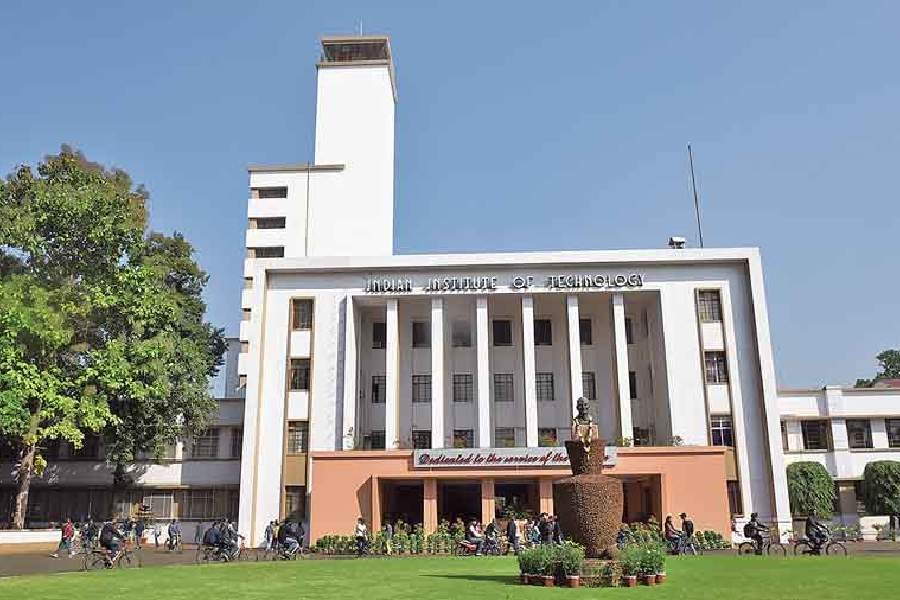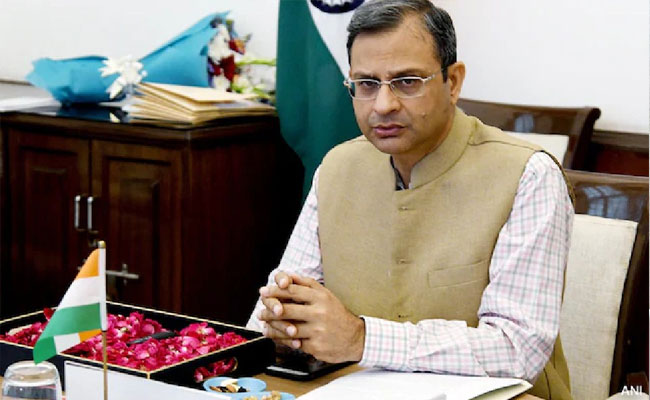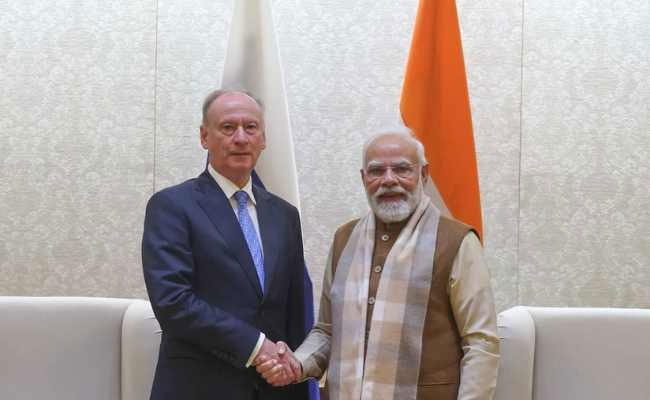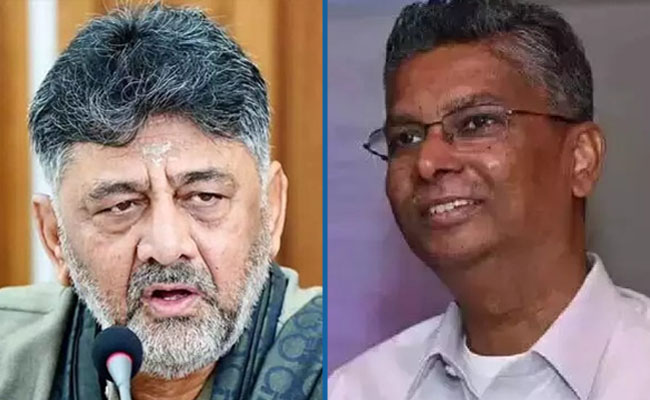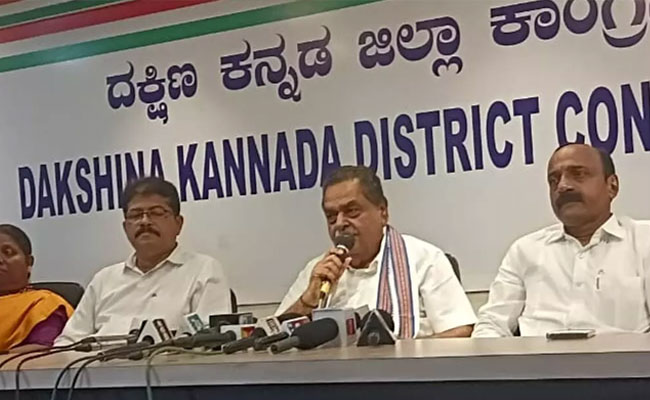Kharagpur: IIT Kharagpur has encouraged its students to participate "with full vigour" in an essay competition commemorating Prime Minister Narendra Modi's 74th birthday on September 17. The contest, focusing on "How Prime Minister Narendra Modi Strengthened India's Global Relations," invites essays of 750-800 words in English or any of the 13 recognized Indian languages.
The Technology Students' Gymkhana, the institute's student body, shared the announcement, highlighting the director's desire for students to excel in the competition.
The Centre for Narendra Modi Studies, an independent trust promoting research and policy debates, initiated the contest and requested IITs across the country to inform their students.
A student voiced concerns about being compelled to participate in politically motivated events, while an IIT official explained that the initiative followed a directive from the Union Ministry of Education.
The essays must be submitted by August 30. This event follows a December UGC circular that controversially instructed universities to set up selfie points with images of Modi, which was later retracted.
Let the Truth be known. If you read VB and like VB, please be a VB Supporter and Help us deliver the Truth to one and all.
Mumbai (PTI): Reserve Bank Governor Sanjay Malhotra on Friday said the central bank does not target any band for the rupee in the forex market, and allows the domestic currency to find its own correct level.
The governor's statement came at a time when the rupee breached the 90-mark against the US dollar, and is hovering near that level.
"We don't target any price levels or any bands. We allow the markets to determine the prices. We believe that markets, especially in the long run, are very efficient. It's a very deep market," he said while replying to a question on rupee depreciation at a post-monetary policy press meet.
Malhotra said fluctuations in the market keep taking place, and the effort of the RBI is always to reduce any abnormal or excessive volatility.
"And that is what we will continue to endeavour," he added.
In its bi-monthly monetary policy, the RBI announced three-year USD/INR Buy Sell swaps of USD 5 billion this month.
When asked if the USD-INR swap is aimed at checking rupee depreciation, Malhotra said, "It is a liquidity measure. It is not to support the rupee".
Stressing that RBI does not target any level of rupee against the US dollar, he said the central bank allows "the rupee find its correct position, correct level".
The governor further said the country has sufficient foreign exchange reserves and the current account is manageable, and given the strong fundamentals of the economy, the country should witness good capital flows going forward.
Foreign portfolio investment (FPI) to India recorded a net outflow of USD 0.7 billion in 2025-26, so far (April-December 03), due to unabated withdrawal from the equity segment.
Flows under external commercial borrowings and non-resident deposit accounts moderated compared to the last year.
As of November 28, 2025, India's foreign exchange reserves stood at USD 686.2 billion, providing a robust import cover of more than 11 months.
The governor further said that, having reduced the policy rate (repo) by 25 basis points, the focus will now be on transmission of the rate cut to the real economy.
According to the RBI's November bulletin, the depreciation of the rupee in October was due to a stronger dollar, following the US Fed's policy announcement to lower the Federal funds rate.
Nevertheless, strong fundamentals, such as stable inflation, a resilient growth outlook for the Indian economy, a narrower current account deficit, steady services exports, robust private remittances, and robust foreign exchange reserves, have contributed to the rupee being the least volatile among emerging market and developing economies.
The rupee has performed better than the Euro, and its depreciation has been in line with that of other currencies, such as the Japanese Yen and the Korean Won (for April to November 2025-26).
The central bank has announced various measures over the last 3 years to diversify and expand the sources of foreign exchange funding, aiming to mitigate exchange rate volatility and dampen global spillovers.
The RBI bi-monthly policy in October had announced some measures to enhance the use of the rupee in international trade.

